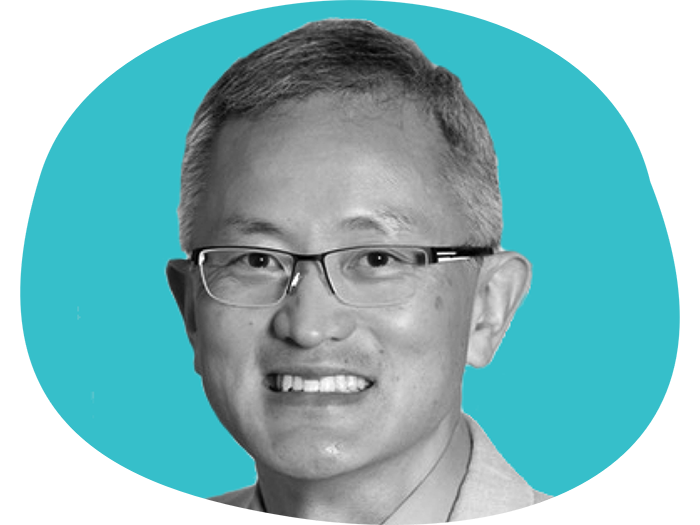
Between 200 and 300 children in the United States each year are diagnosed with a brain cancer called diffuse midline glioma (DMG). It’s the second most common primary, high-grade, pediatric brain tumor, and unfortunately, there are no effective treatment options for children with this cancer.
Alliance for Cancer Gene Therapy (ACGT) hopes to change the outlook for children diagnosed with DMG by helping fund a new, potentially groundbreaking, clinical trial featuring cell and gene therapy.
ACGT has awarded a multi-year grant to cell and gene therapy researcher Hideho Okada, MD, PhD, of the University of California San Francisco. Dr. Okada is the 63rd ACGT Research Fellow and joins a long list of pioneers working in cell and gene therapy research.
Cell and gene therapies harness the power of a patient’s immune system to eliminate cancer cells while minimizing damage to healthy tissue.
Dr. Okada has developed a cell and gene therapy – specifically, an engineered T-cell receptor therapy – to treat children with DMG. A phase 1 clinical trial of the new therapy is being supported through ACGT’s funding. For more information about this clinical trial, visit the U.S. National Library of Medicine’s clinical trials database.
How engineered T-cell receptors can treat diffuse midline glioma
Brain tumors are one of the most difficult types of cancer to treat. Surgery can be difficult depending on where the tumors are located on the brain, and the brain itself can be sensitive to therapies.
“The brain is such a sensitive organ,” Dr. Okada said in an interview with ACGT. “Any additional immune response or inflammatory response, the brain may not tolerate it.”
Cancer cell and gene therapy is an emerging type of treatment that can train the immune system on how to look for and destroy cancer cells. One type of cell and gene therapy involves adding a receptor to T cells to help them find the proteins inside of cancer cells and activate an immune response to kill the tumor.
Dr. Okada’s engineered T-cell receptor therapy involves giving T cells a receptor to help them find specific proteins expressed by cancer cells. Some children with DMG have a mutated protein that is expressed by the tumor called H3.3K27M.
This protein is hidden inside of cancer cells, but fragments of the protein (peptides) rise to the surface flagging the cancer cells. Dr. Okada’s engineered T-cell receptor therapy can then help the patient’s T cells find the cancer cells and kill them.
If this therapy is successful in treating pediatric DMG, it can dramatically change the outlook for children diagnosed with this cancer.
““Every time I interact with patients, it naturally generates a sense of urgency. It’s like patients are the fuel and gasoline in our tank to make us run faster. The stakes are very high. It’s exciting, but at the same time we’re cautiously excited.” — Hideho Okada, MD, PhD
ACGT’s impact on cancer
ACGT’s hyperfocus on funding cancer cell and gene therapy research has resulted in groundbreaking clinical trials, FDA approvals, and inspiring patient survival stories. The ultimate goal is to transform how cancer is treated and create a future where cancer is no longer a deadly disease.
Dr. Okada said he applied for ACGT funding largely due to his past experience reviewing research grant applications. He saw ACGT as a valuable non-profit organization due to its commitment to funding and supporting the best projects focused on cell and gene therapy for brain cancer.
“That was an inspiring experience as a scientist looking at applications and the funding selection system,” he said, noting that the first step of his project is to show the therapy is safe for patients.
Please join ACGT’s mailing list to learn about other grants, advancements spearheaded by ACGT Research Fellows, and more. Additionally, you can follow ACGT on Facebook.



